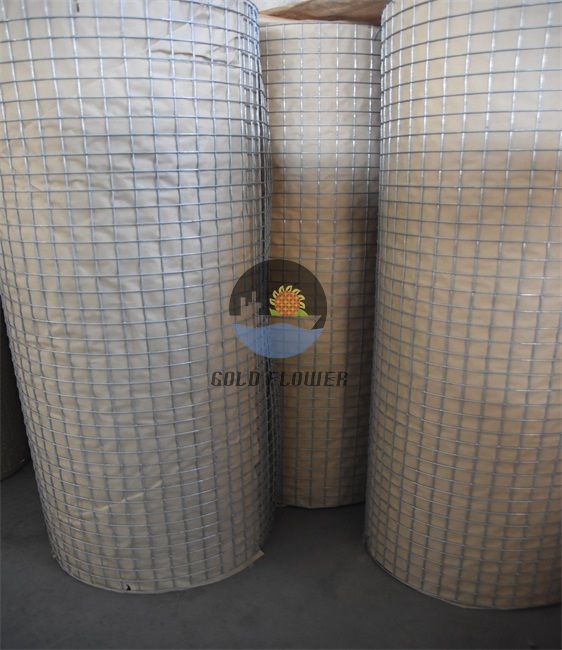Nov . 10, 2024 00:26 Back to list
CE Certification for Fine Woven Mesh Products and Their Industry Applications
CE Certification for Fine Woven Mesh Ensuring Quality and Compliance
In today's global marketplace, product safety and regulatory compliance have never been more crucial for manufacturers and suppliers. One significant certification that underscores these principles is the CE (Conformité Européenne) mark. For industries that utilize fine woven mesh—such as construction, aerospace, automotive, and medical sectors—CE certification not only signifies compliance with European Union safety standards but also enhances marketability and consumer trust.
Understanding CE Certification
CE certification is a designation that indicates the product meets specific safety, health, and environmental requirements established by the EU. The CE mark is mandatory for certain product categories sold in the European Economic Area (EEA). It serves as a promise from the manufacturer that the product meets EU regulations, an assurance to consumers of its quality and safety.
The Importance of Fine Woven Mesh
Fine woven mesh consists of intricately crafted materials, often made from stainless steel, nylon, or other durable constituents. These meshes serve diverse purposes, including filtration, screening, and reinforcement. The applications are vast—ranging from industrial filters and medical devices to architectural elements and automotive components. Given its pivotal role across various industries, ensuring that fine woven mesh products are safe and reliable is paramount.
The CE Certification Process
The journey to CE certification involves several key steps
1. Product Assessment The manufacturer must first determine the applicable EU directives and standards that apply to their fine woven mesh product. This involves a thorough examination of the mesh's design, intended use, and safety implications.
2. Testing and Documentation The product must undergo rigorous testing to ensure it meets the necessary criteria. Documentation demonstrating compliance must be prepared, which includes a technical file detailing design specifications, manufacturing processes, and testing methods.
3. Quality Management Systems Depending on the product category, manufacturers may need to implement a Quality Management System (QMS) that aligns with ISO standards. This ensures consistent quality in production, which is crucial for maintaining safety and performance standards.
ce certification fine woven mesh

5. Affixing the CE Mark Finally, the CE marking is affixed to the product, indicating compliance and allowing the product to be sold within the EEA.
Benefits of CE Certification for Fine Woven Mesh
1. Market Access With CE certification, manufacturers can freely market their fine woven mesh products throughout the European Union, significantly increasing sales potential and expanding their reach.
2. Consumer Confidence The CE mark serves as a quality assurance symbol, instilling confidence in consumers and stakeholders regarding product safety and reliability.
3. Legal Compliance CE certification helps manufacturers comply with EU regulations, reducing the risk of legal issues or product recalls that can arise from non-compliance.
4. Competitive Advantage In an increasingly competitive marketplace, having CE certification can differentiate a brand from competitors, showcasing a commitment to quality and safety.
5. Facilitated Trade For non-EU manufacturers, obtaining CE certification can enhance the acceptance of their products in the European market, simplifying trade and fostering international relationships.
Conclusion
In summary, CE certification is indispensable for manufacturers of fine woven mesh who aim to operate within the European market. This process not only ensures that products meet rigorous safety and quality standards but also enhances market competitiveness and consumer confidence. As industries continue to evolve, the demand for certified products will likely grow, making compliance with CE regulations a proactive approach for manufacturers. To thrive and sustain success, investing in the certification process is not merely a regulatory obligation; it’s a strategic decision that underscores a commitment to excellence.
share
-
Safety Mesh for Windows – Durable Mosquito and Insect Protection Solutions
NewsJul.08,2025
-
12x24x1 Air Filter – High Efficiency Replacement for Improved Air Quality
NewsJul.08,2025
-
Premium Stainless Steel Mosquito Mesh - Durable, Rust-Resistant Protection for Windows & Doors
NewsJul.08,2025
-
Premium Stainless Steel Garden Mesh for Lasting Durability Best & High Quality Mesh Solutions
NewsJul.07,2025
-
Gold and White Blackout Curtains – Elegant Light Blocking & Insulation for Home
NewsJul.07,2025
-
Premium Spa Filter Cartridge for Clean Water Spa Pool Filters Cartridges for Jacuzzi Durable, high-efficiency spa filter cartridge for spas and jacuzzis. Improve water quality—order your pool filter cartridge now!
NewsJul.07,2025

